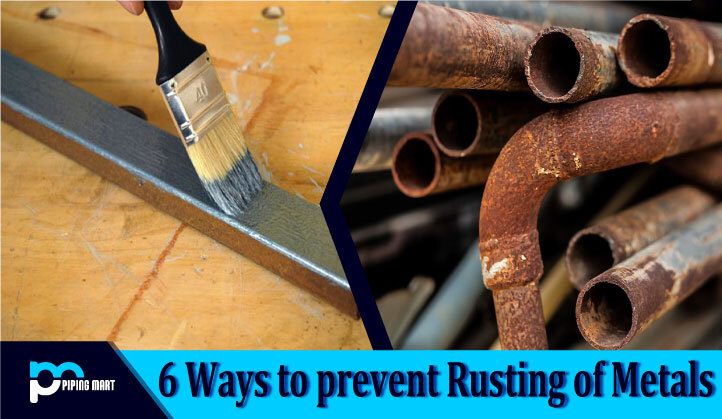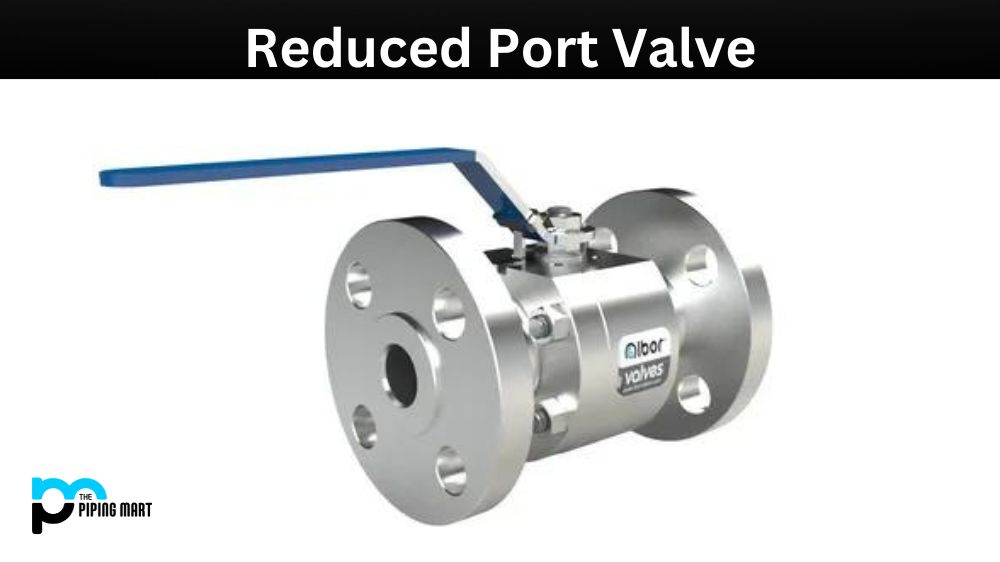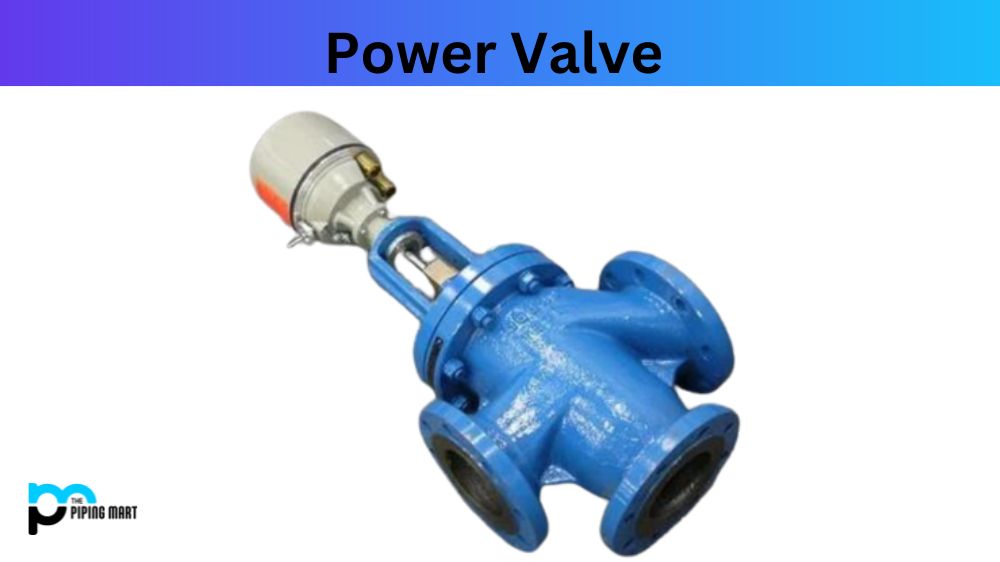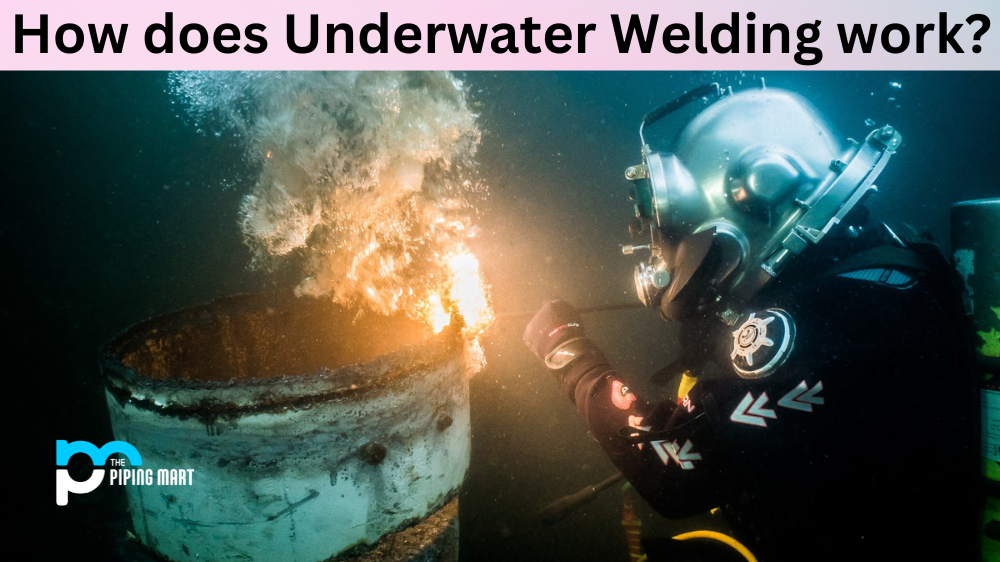Rusting refers to the formation of brownish particles of iron oxide on the surface of metals containing iron that come into interaction with air and water. This form of corrosion is extremely destructive and unattractive.
Rusting occurs as iron metals come into contact with oxygen, which is found in water, saline water, acidic and hazardous substances. As iron oxide particles scatter from the metal surface, they expose the unaffected layer of iron molecules, which allows the reaction to take place. The large areas of metal rust may led the whole metal formation to fragment
Ferrous metal is the one which contains iron, which can rust. Common ferrous metals that include carbon steel grade 1018 and 12L 14, Alloy steel grade 4130, and Stainless Steel grade 304, 316. Non Ferrous metal, like aluminum and copper has a small amount of iron, which usually don’t rust but go through corrosion.
How to Prevent Rust on Metals
Choose correct metal type according to its application.
The major benefit of using metals is Stainless Steel, Duplex and Super Duplex, Nickel alloy and 6% moly is that they are corrosion resistant. This can be a easiest way to avoid rusting of metals. These metals made with higher ability to resist to rust. This metals also do not need any extra protective measure to be taken.
Usage of Stainless Steel
Stainless steel alloys contains iron, which is resistant to corrosion since it often includes a high proportion of chromium, which is more resistant than iron. Chromium in the alloy readily oxidises, forming a strong coating of chromium oxide on the metal surface, preventing oxygen from touching the actual steel.
Keeping the metal Dry and Clean
When it comes to rust, water is the biggest threat because the oxygen in water molecules, binds with iron to form iron oxide. As a result, metals left outside, such as vehicles, gates, or tanks, are more prone to rusting. Since any mud or gravel adhered to the surface will trap water, it is important to keep metals clean. Installing a dehumidifier will do great in humid areas.
Prevention of scratches on the metal surface.
Steel scratches or holes expose more metal and retain water, causing it to stay in contact with the iron. That’s the reason cold rolled steel is more resistant to rust than hot rolled steel; cold rolling produces a cleaner, texture-free surface that can trap and retain water.
Corrosion Inhibitors
These are the chemicals that react to the metal surface which is associated with gases that respond to the electrochemical reactions which results to corrosion. Dispersion methods may be used as a solvent or as protective insulation. A mechanism known as passivation is usually used to use corrosion inhibitors.
Protective Coatings
Rusting of metals can be prevented by apply a coat of protective paints. Painting the metal surface can serve as a shield, stopping electrical and chemical charges from being passed to the corrosive substance and the metal below. Other way to avoid rusting can be done through applying a powdered coating to clean the metallic surface. The metal is heated in order to bind the powder into a smooth, unbroken layer that works as a corrosion-resistant shield. The powdered compositions that can be used are Acrylic, Polyester and Nylon etc.
Dipping metal parts into a bluing solutions of Acids, Sodium – Hydroxide and Potassium – Nitrate offers excellent corrosion resistance. Rust protection products or sprays like aerosol sprays or fabric wipers.

Pipingmart is B2B portal specializes in industrial, metal and piping products. Also, share latest information and news related to products, materials and different types grades to help business dealing in this industry.




